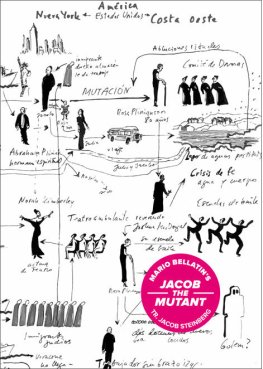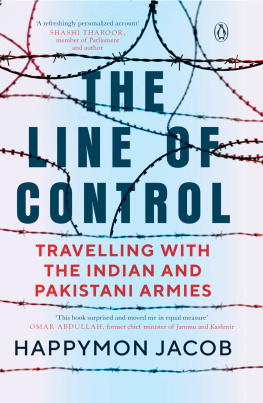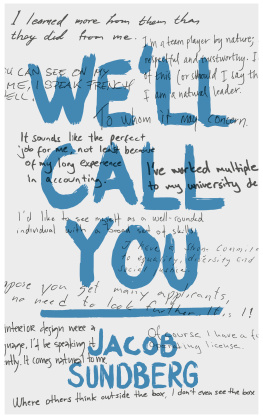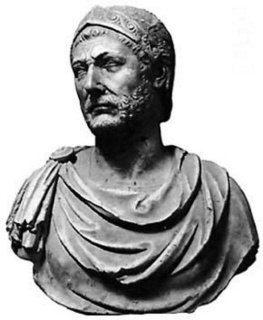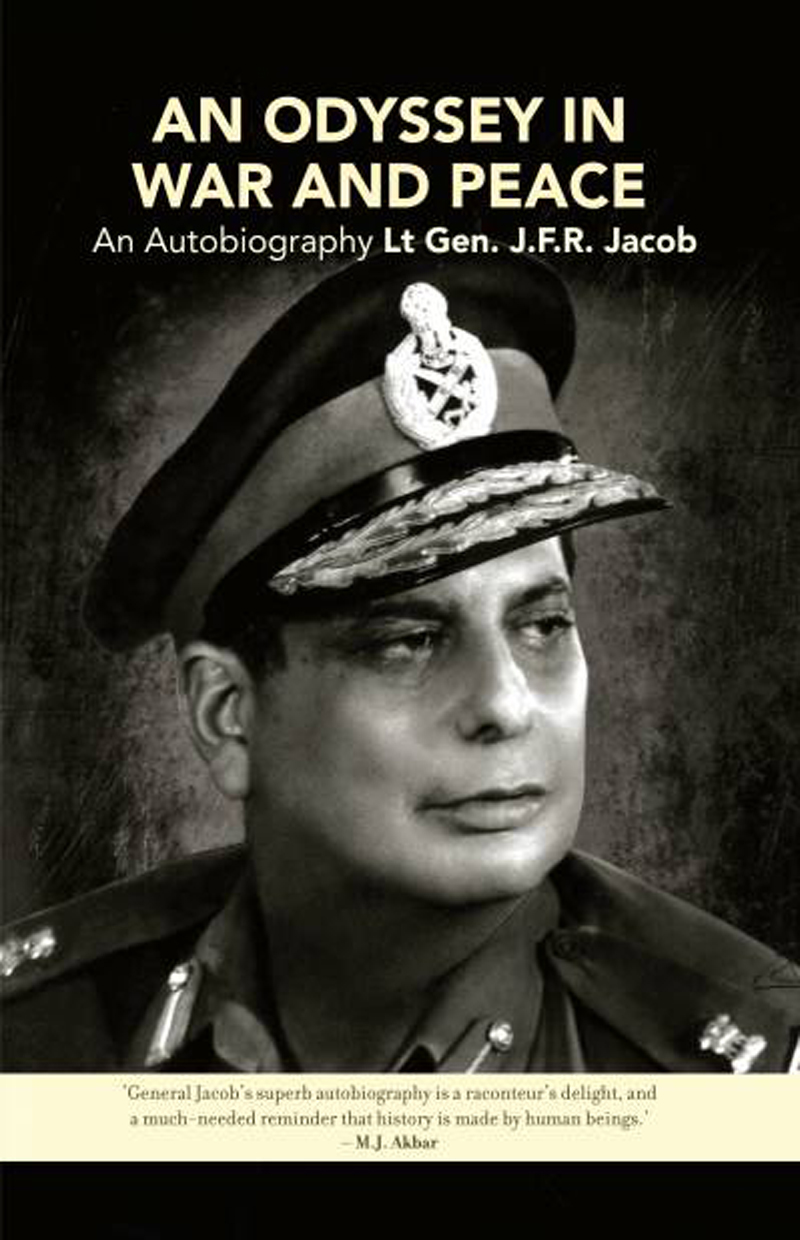An Odyssey in
War and Peace
OTHER LOTUS TITLES |
Ajit Bhattacharjea | Sheikh Mohammad Abdullah: Tragic Hero of Kashmir |
Amarinder Singh | The Last Sunset: The Rise and Fall of the Lahore Durbar |
Anil Dharker | Icons: Men & Women Who Shaped Today's India |
Aitzaz Ahsan | The Indus Saga: The Making of Pakistan |
Alam srinivas & TR Vivek | IPL: The Inside Story |
Amir Mir | The True Face of Jehadis: Inside Pakistan's Terror Networks |
Ashok Mitra | The Starkness of It |
Dr Humanyun Khan & G. Parthasarthy | Diplomatic Divide |
Gyanendra Pandey & Yunus Samad | Faultlines of Nationhood |
H.L.O. Garrett | The Trial of Bahadur Shah Zafar |
M.J. Akbar | India: The Siege Within |
M.J. Akbar | Kashmir: Behind the Vale |
M.J. Akbar | The Shade of Swords |
M.J. Akbar | Byline |
M.J. Akbar | Blood Brothers: A Family Saga |
Maj. Gen. Ian Cardozo | Param Vir: Our Heroes in Battle |
Maj. Gen. Ian Cardozo | The Sinking of INS Khukri: What Happened in 1971 |
Madhu Trehan | Tehelka as Metaphor |
Mushirul Hasan | India Partitioned. 2 Vols |
Mushirul Hasan | John Company to the Republic |
Mushirul Hasan | Knowledge, Power and Politics |
Nayantara Sahgal (ed.) | Before Freedom: Nehru's Letters to His Sister |
Nilima Lambah | A Life Across Three Continents |
Robert Hutchison | The Raja of Harsil: The Legend of Frederick
'Pahari' Wilson |
Sharmishta Gooptu and Boria Majumdar (eds) | Revisiting 1857: Myth, Memory, History |
Shashi Joshi | The Last Durbar |
Shashi Tharoor & shaharyar M. Khan | Shadows across the Playing Field |
Shrabani Basu | Spy Princess: The Life of Noor Inayat Khan |
Shyam Bhatia | Goodbye Shahzadi: A Political Biography |
Thomas Weber | Gandhi, Gandhism and the Gandhians |
Zubin Mehta | The Score of My Life |
FORTHCOMING TITLES |
Masood Hyder | State Under Pressure |
Jaiwant Paul | Heroes and Villains of 1857 |
An Odyssey in
War and Peace
An Autobiography
Lt Gen. J.F.R. Jacob
J.F.R. Jacob, 2011
All rights reserved. No part of this publication
may be reproduced or transmitted, in any form or
by any means, without the prior permission of the publisher
First impression May 2011
Second impression August 2011
First published in India in 2011
The Lotus Collection
An imprint of
Roli Books Pvt. Ltd
M-75, Greater Kailash II Market
New Delhi 110 048
Phone: ++91 (011) 4068 2000
Fax: ++91 (011) 2921 7185
E-mail:
Also at
Bangalore, Chennai & Mumbai
Cover: Bonita Vaz-shimray
Production: Shaji Sahadevan
ISBN: 978-81-7436-840-9
CONTENTS
Dedicated to
Gen. P.P. Kumaramangalam
DSO MBE
A great soldier, human being, and friend. Had it not been for him, I
would have resigned from the Army.
Preface
It has been a tempestuous journey that is drawing to a close. There were the years of the sword from 1941 when I joined the army to August 1978 when I retired as Army Commander Eastern Command. I learnt my soldiering during the second World War, both in the deserts of the Middle East and the dense jungle-clad ridges and mangrove swamps of the Arakan in Burma. immediately after the Japanese surrender we were engaged in highly unpopular counter-insurgency operations in Sumatra, aimed at restoring Dutch rule there.
After independence, I returned to India from a gunnery staff course of instruction in England to the Artillery school in Deolali. The British were leaving and as the only other senior Indian officer there I had to take over the school from the British and also to divide the assets of the school between India and Pakistan.
This was followed by a period of peace-time soldiering.
In 1969, I was ordered to conduct operations to drive the Naxalites out of West Bengal. This was followed by counter-insurgency operations in the North-East (NE) leading to the signing of the Shillong Accord in 1975. The operations conducted in Mizoram influenced their leaders to come to Calcutta for the Calcutta Conference to discuss the modalities of peace.
The campaign in December 1971, in East Pakistan, led to the unconditional public surrender of 93,000 troops of the Pakistan Eastern Command, the only public surrender in history. To quote the Pakistan National Defence College study of the war:
The Indians planned and executed their offensive in a textbook manner. It was a classic example of through planning, minute coordination and bold execution. The credit clearly goes to General Jacob's meticulous preparations in the Indian Eastern command and to the implementation by his corps commanders.
Niazi had proposed a ceasefire and a hand-over of the government to the United Nations (UN) with guarantees of no reprisals etc. There was no mention of India. The ceasefire proposed by Niazi was rejected outright by Bhutto who vowed to fight on. The end result was an unconditional public surrender, the only one in history. The Hamood ur Rehman Commission of Enquiry asked Gen. Niazi: 'Gen. Niazi, when you had 26,400 troops in Dacca and the Indians a few thousand outside and you could have fought on for at least two more weeks. The UN was in session [Polish resolution] and had you fought on for even one more day the Indians would have had to go back: why did you accept a shameful unconditional public surrender and provide a guard of honour commanded by your ADC?' Niazi replied that he was compelled to do so by Gen. Jacob who blackmailed him into surrendering. This he has repeated in his book Betrayal of East Pakistan. After the surrender of 93,000 Pakistani troops, India emerged as a regional superpower. I have often wondered, what would have happened had I failed to convert the proposed ceasefire under the auspices of the UN into an unconditional surrender? We would have had to return the very next day.
In my book Surrender at Dacca: Birth of a Nation (1997), I had given an objective account of the operations in East Pakistan in 1971. The book has been translated into Chinese, Thai, Persian, Arabic, Hebrew, and Bengali. I had given copies both to Field Marshal Manekshaw and Lt Gen. Jagjit Aurora in 1997.There were no rejoinders from them. The book is studied in many military institutions abroad and also some universities.
The waging of war is a complex business involving almost all sections of the population. The conduct and progress of military operations is far from smooth and never wholly predictable. The successful conduct of operations depends upon imaginative planning, flexibility, and the ability to react rapidly. It is imperative that one is not overtaken by events. Mobility and manoeuvre are essential ingredients.


